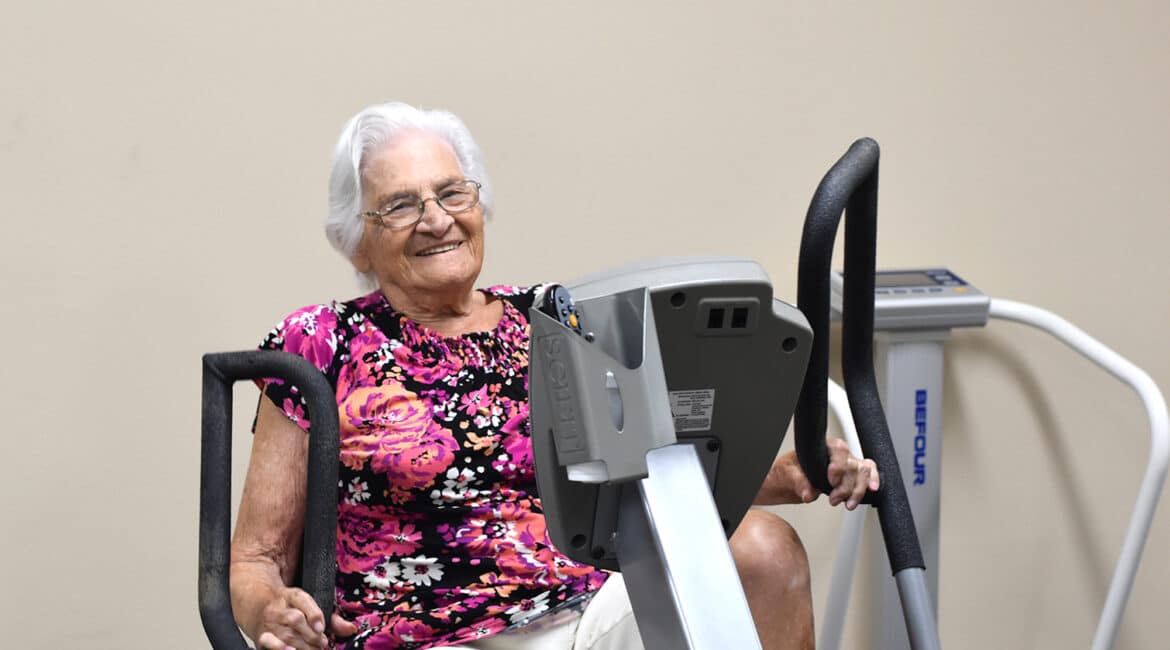Did you know that more deadly heart attacks happen during the cold winter holiday season? The American Heart Association reported that December 25th has the highest number of fatal heart attacks compared to any other day during the calendar year. The second-highest day is December 26, followed by the third-highest that lands on January 1st!
While those scary days are over, it’s good information. It can help us remember to be cautious next year or make some good changes now with the fresh new year under our feet.
Who would have thought that the events leading up to the holidays could also throw people off their routines enough to cause real trouble? The why behind these particular days is that people may skip the very things that help them to stay heart healthy: medications, working out less, eating more, and using more alcohol.
Let’s review heart attack symptoms and how to avoid them!
Warning Signs of a Heart Attack:
- Chest Pain
- Dizziness
- Fatigue
- Heartburn/indigestion
- Nausea
- Pain in the shoulders, arms, neck, back, jaw/teeth, or upper abdominal area
- Shortness of breath
Prevention Tips:
- Exercise
- Follow a heart-healthy diet
- See your healthcare provider to know your numbers and your risks
- Stay social
- Take medications as prescribed
- Work on stress reduction
Regular & Routine Medical Care
Maintain your health through regular visits to your primary care physician. They can recommend specialty care and services if you are at risk of a heart attack. Primary care providers can also help you manage long-term conditions such as diabetes, which can increase your risk for a heart attack.
Know Your Numbers
Regular cholesterol, blood pressure, and blood glucose checks help your doctor understand your risks so they can advise you on the next steps. Monitoring your weight each day can help you track changes on your own.
Take Care of Yourself
In the land of hard work, slowing down can feel impossible. It can even look selfish to some, causing guilt if we take a moment. But to be healthy, we need prep time to schedule workouts, shop and prepare healthy foods, and relax.
Unchecked stress can contribute to your risk of a heart attack. Missing sleep, quick and ready-to-eat sodium-laden prepackaged foods, and not getting enough movement can take a toll. Make time to prepare and eat healthy meals.
You don’t have to do it alone, though. If you’re struggling to adjust your diet and need sound advice to improve your health, your doctor may recommend the help of a registered dietician to advise you on making the right changes.
Stay Social
Socializing is more than just good for the soul; it’s beneficial for your heart, too! According to the CDC, a solid social network can help people avoid heart attacks and strokes.
Good friends and confidantes make life better! Join your pals on a walk, cook a healthy meal, or have a good laugh. Encouraging one another to be healthy is a recipe for success.
If managing a chronic illness keeps you away from your social network, let Legacy Medical help! We offer primary care services, including palliative care, to manage chronic medical conditions in a way that meets a patient where it best suits them: we offer walk-in primary care in Grand Forks, ND, and provide primary care services to those residing on-site at more than 30 senior living communities from Minnesota to Idaho. Reach out to us today at info@legacymedical.com to learn more





